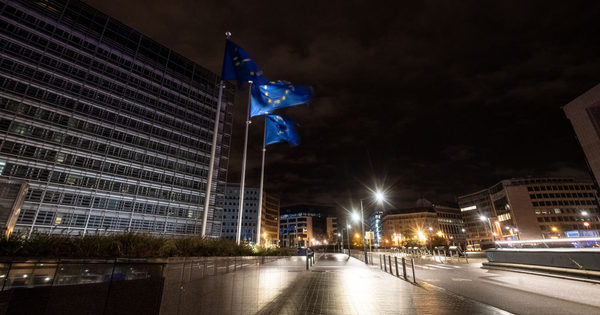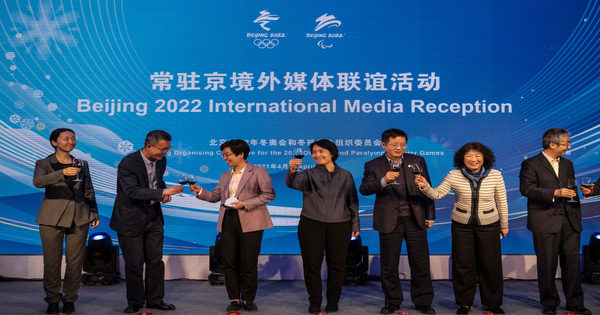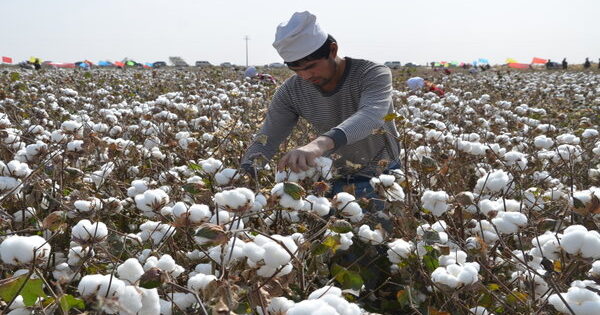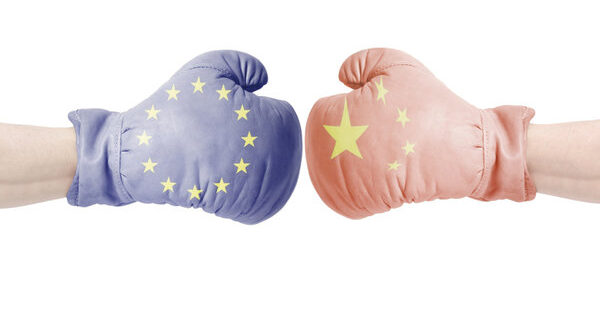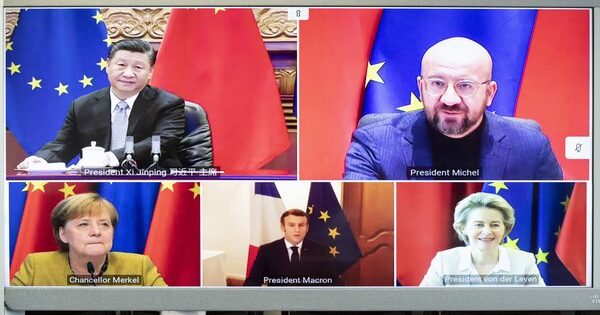Home » Geopolitics » China
China
The European Parliament has halted ratification of a controversial investment treaty with China until Beijing lifts sanctions on European lawmakers, academics and think tanks. The move, a rare display of fortitude by an institution notorious for vacillation, reflects a hardening stance in Europe toward the Chinese Communist Party.
A growing number of Western lawmakers and human rights groups are calling for a boycott of the next Winter Olympics, set to take place in Beijing in February 2022.
Four major European and American apparel and footwear manufacturers have been sued in a French court for allegedly using forced labor in Xinjiang, a mostly Muslim region in northwestern China.
The Chinese government is boycotting Western clothing retailers for expressing concerns about forced labor in Xinjiang, China’s biggest region.
The current standoff is, in essence, about the future of free speech in Europe. If notoriously feckless European officials fail to stand firm in the face of mounting Chinese pressure, Europeans who dare publicly to criticize the CCP in the future can expect to pay an increasingly high personal cost for doing so.
The European Union has negotiated a controversial trade deal with China. The pact has been widely criticized because European leaders, in their apparent rush to reach an agreement, have sacrificed their professed concern for human rights on the altar of financial gain.
Europe’s continued appeasement of China indicates that the EU will be a weak link in efforts by Western democracies to confront the leadership in Beijing.

